Access Holdings, Nigeria’s largest financial services company, is enlisting the services of social media influencers to promote its substantial N350 billion rights issue.
As the competition for capital intensifies, Nigerian banks are strategically shifting from traditional financial marketing to influencer marketing to drive their public offers.
A review of the marketing strategies by Access Holdings, GTCO Holdings, and Fidelity Bank for their respective rights issues and public offerings reveals Access Holdings has leveraged the social media space the most.
Rise of Financial Influencers
The power of followers and social media algorithms has turned influencers into key points of contact for brands looking to promote products and services.
Their foray into using influencers to market equity securities is novel and unusual in a space often seen as conservative and highly regulated.
Influencers are now major drivers of consumer preferences in a world increasingly dominated by the smartphone generation, especially Gen Z, who are eager to participate in any interesting trend.
This appears to be what Access Holdings is tapping into as it seeks to attract investments from retail investors who may not be familiar with the intricacies of the equities market.
Despite the dominance of influencer marketing for consumer products and lifestyle content, there has also been a rise in personal finance influencers on platforms such as TikTok and Instagram. These influencers use their platforms to share valuable financial information.
These influencers earn money as content creators and can also earn from brands looking to leverage their followings to promote financial products.
The Bank’s Campaign on X
X, formerly known as Twitter, has been the bank’s most targeted platform, with numerous finance influencers posting about the rights issue.
On July 22, over 3,500 people tuned into a Twitter Spaces event aimed at marketing Access Holdings’ rights issue. The event, titled “Access Holdings Rights Issue Explained,” was organized by popular Twitter figure and financial adviser Kalu Aja.
Recently, other Twitter personalities with significant followings have also posted about the rights issue, indicating a paid Twitter campaign. Only accounts with over 10,000 followers have been involved in this campaign.
Hashtags like “#AccessTheFuture” and “#InvestInAccess” have been used across tweets, signifying a Twitter marketing campaign.
Marketing enthusiasts noted that social media campaigns have become the norm for public information in today’s world.
Florence Osanyintuyi, a social media manager with Pulse, noted, “There’s no big deal, it’s just marketing. For every digital marketing campaign or sales strategy, influencer marketing has become an integral part.”
“In this case, they’re trying to push for visibility and sales, so influencer marketing is a strong tool to leverage. They are trying to reach the public and a wide range of people; hence influencer marketing is a good leverage.”
Akan Imoh, a marketing consultant and strategist, shared similar sentiments, noting, “I don’t think there’s anything bad with using influencers to push the campaign. Essentially, they’re using people who have built active communities of people who are interested in finance.”
“These people are opinion shapers; hence they’ll pass the message of the bank or any brand easily. And because they’re opinion shapers, it makes it easy to believe and trust them. In marketing, it’s an age-old trick of using opinion shapers to pass across messages.”
Scrutiny and Criticism
However, the campaign has come under scrutiny, as some X users have pointed out that some of the influencers lack a profile in the finance landscape.
An X user, Idris Ayinde (@hedrees_ayinde), noted in a post, “I went through the profiles of these marketers and I can see lab scientists, sports journalists, and physicists. This does not mean financial literacy is limited to finance professionals, but whoever allocated this marketing budget didn’t think it through.”
He added, “The greater concern is that some people will take the advice of these ‘marketers’ and perhaps subscribe to the rights issue because a lot of people are just lazy to do some research before investing.”
While Access Bank is utilizing social media campaigns, other banks have stuck with more traditional marketing methods. Fidelity Bank and GTCO Holdings banners have been seen lining the entire stretch of the Third Mainland Bridge in Lagos.
The two banks have also run paid ads on social media platforms like Twitter and Instagram. However, they have not heavily invested in the use of influencers on platforms like Access Bank.
What You Should Know
Fidelity Bank, GTCO Holdings, and Access Holdings (Access Bank) are in the market to raise about N879 billion in capital through rights issues and public offers.
This marks the first time since 2007 that there has been such a massive capital-raising drive in the NGX, and it also marks the highest amount to be raised from the NGX at a single point in time.
To reach younger and more digitally savvy demographics, banks are trying to leverage the vast reach and persuasive power of influencers.
In today’s world, traditional advertising methods, such as TV spots and print ads, have limited reach compared to the instantaneous and widespread influence of social media platforms. Influencers are one of the best tools for leveraging social media.
However, it should be noted that while influencers can help attract interest, they may not be the most effective medium for conveying complex financial information.
There is a risk that important details could be oversimplified or lost in translation, potentially leading to misunderstandings or misinformed decisions.

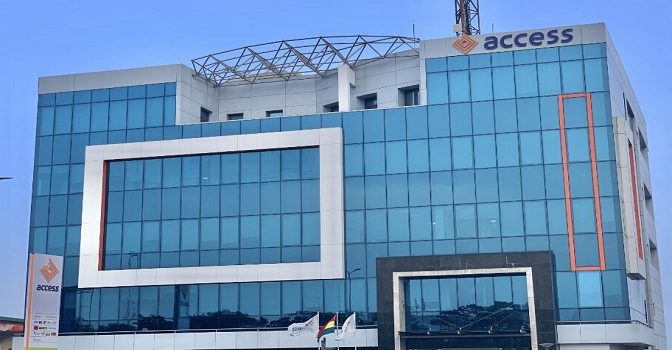







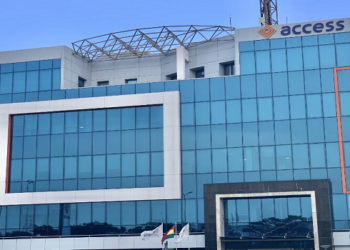
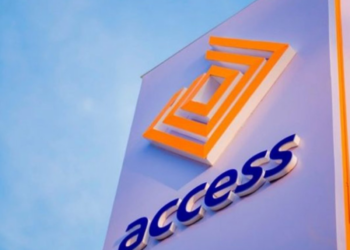
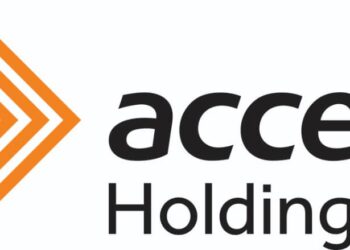
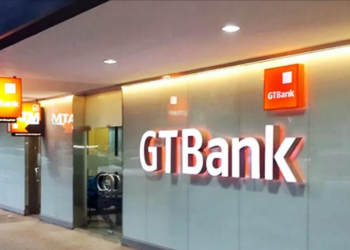

.gif)






